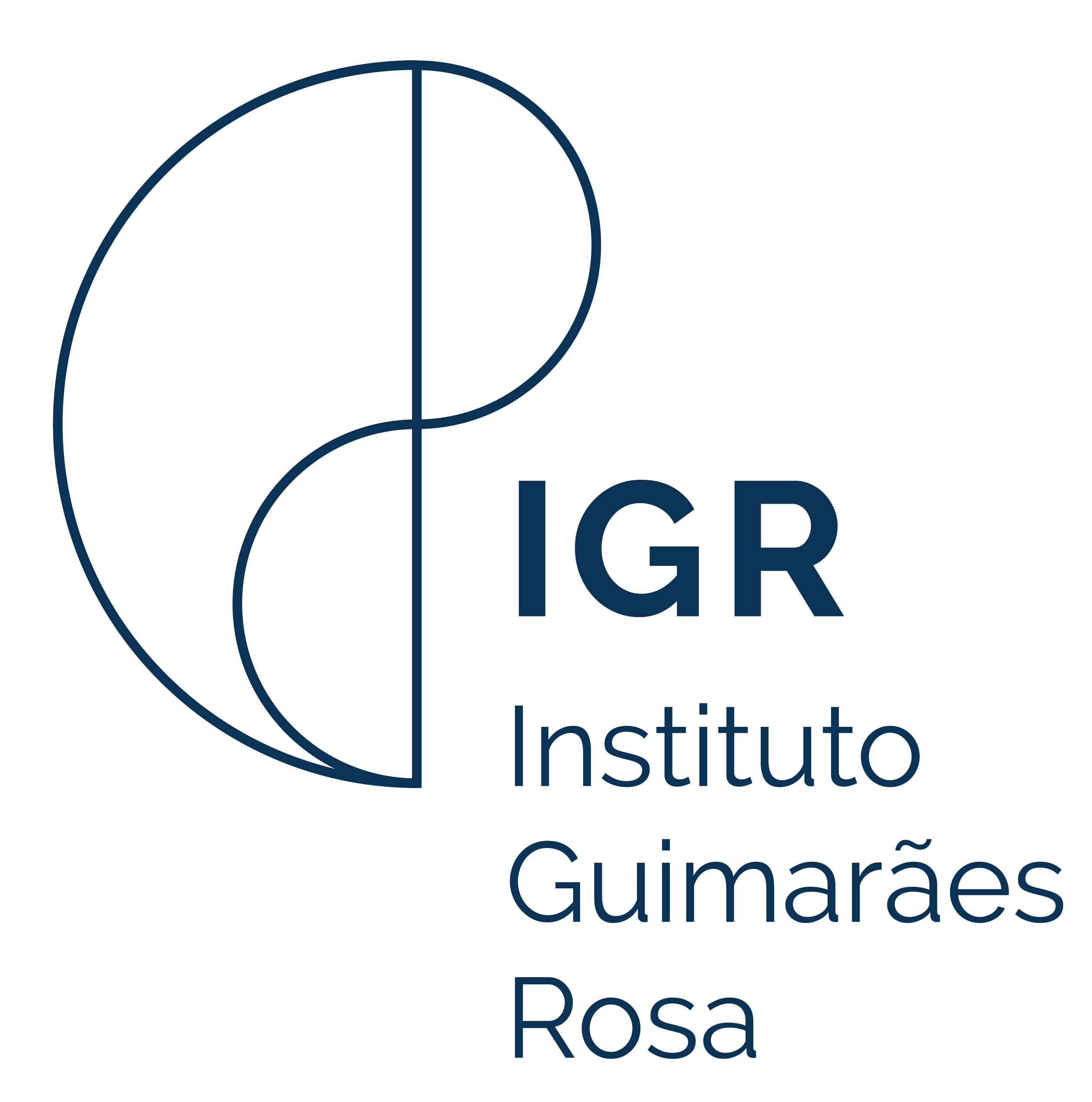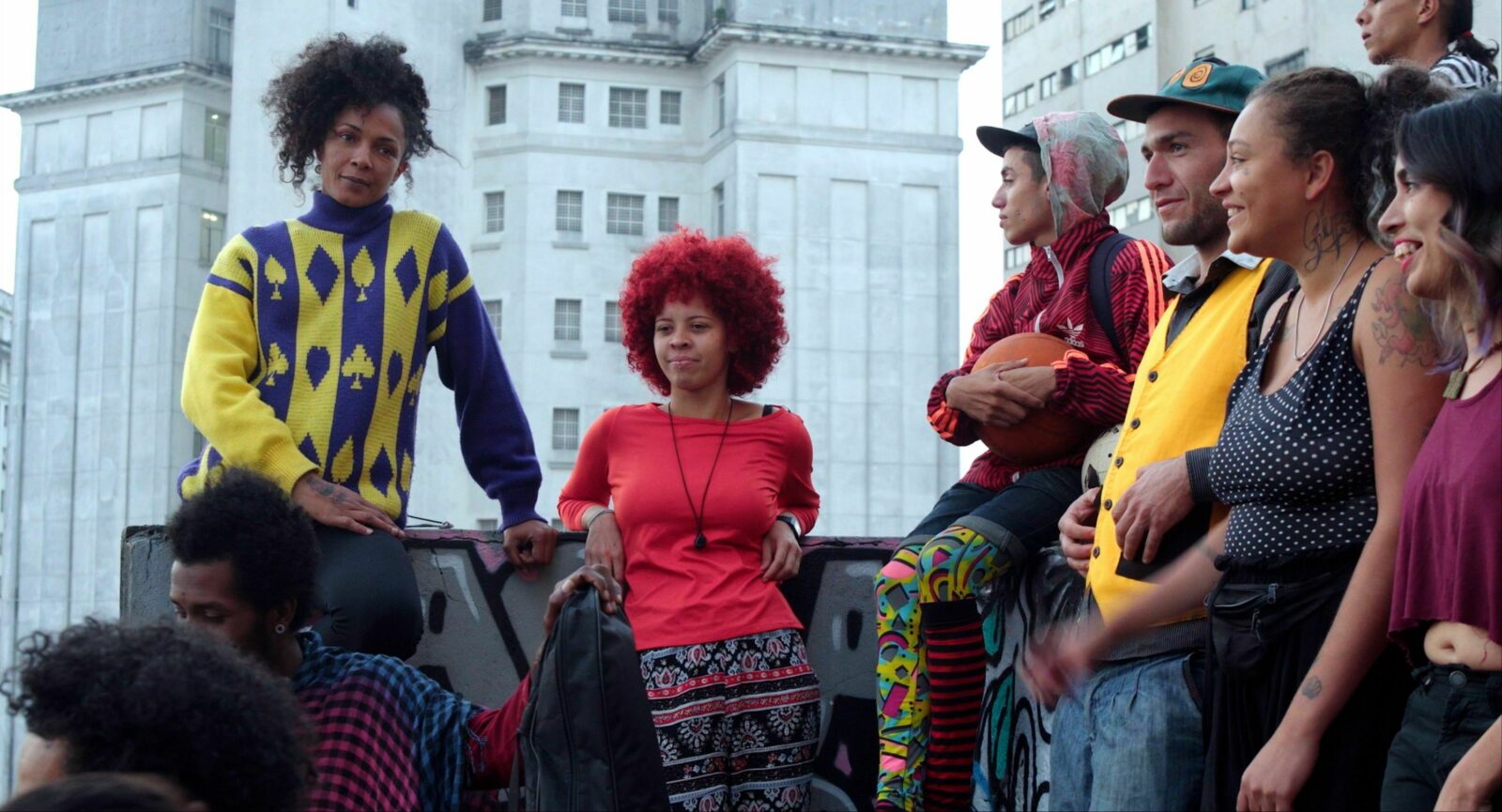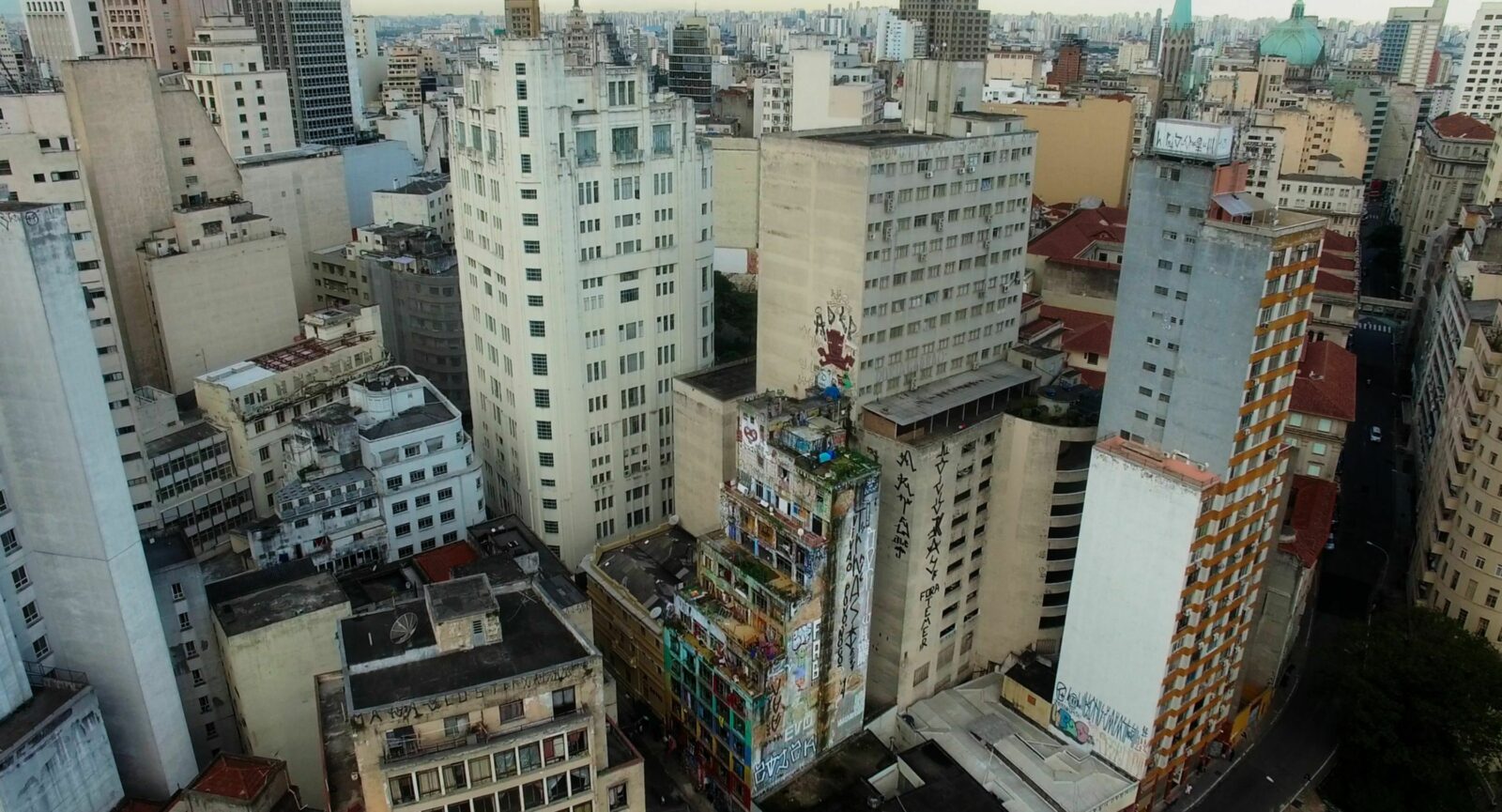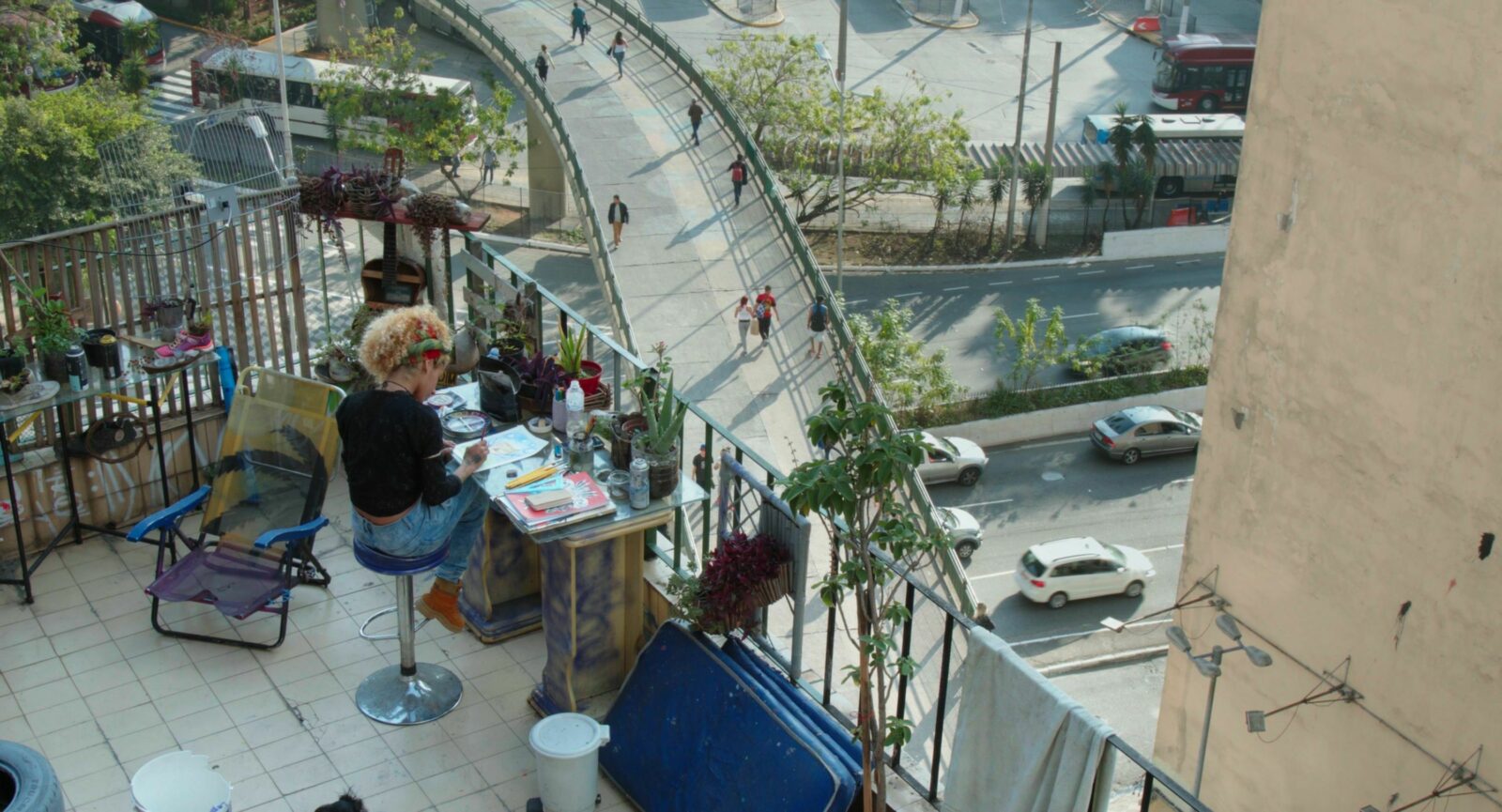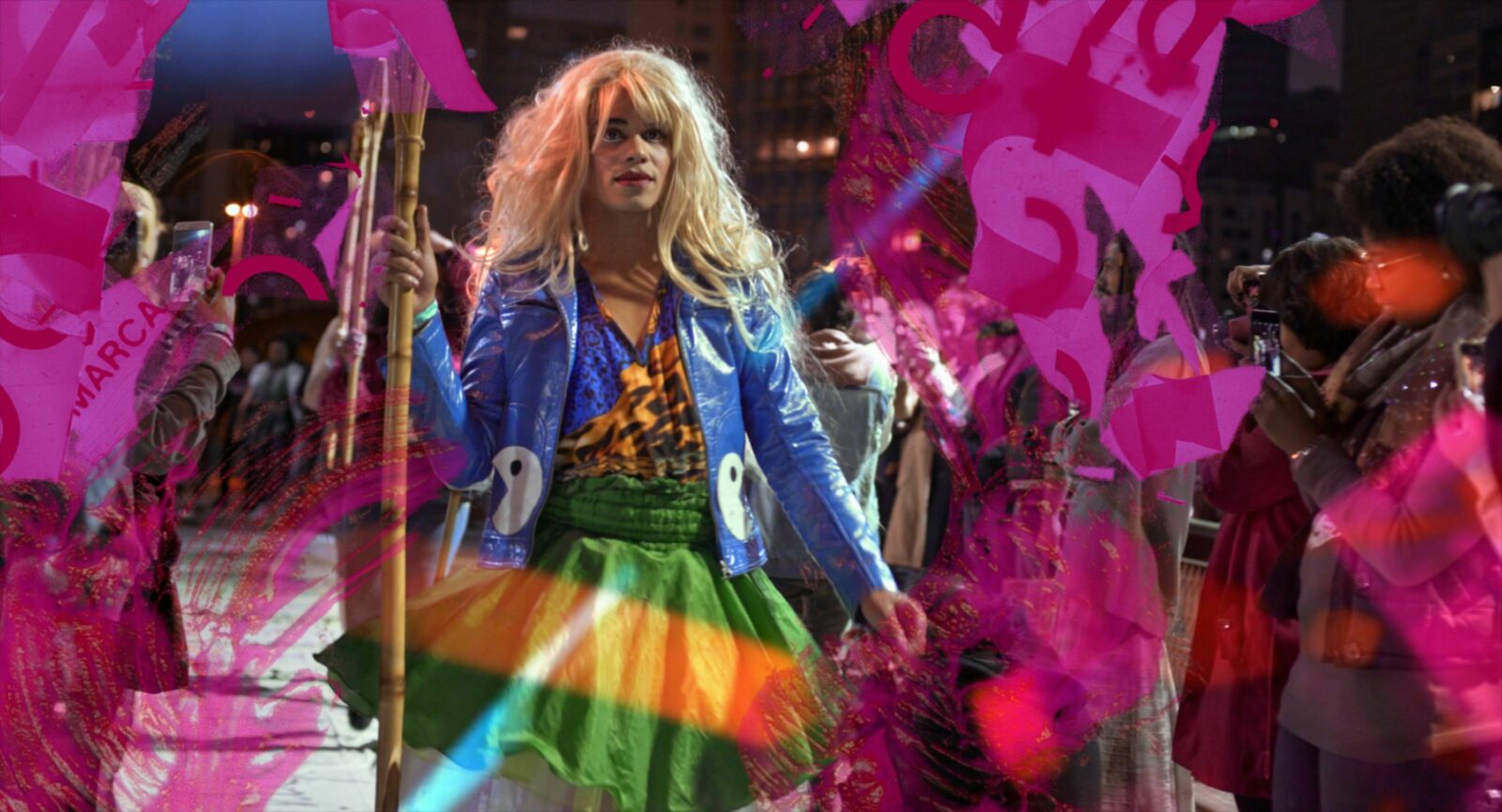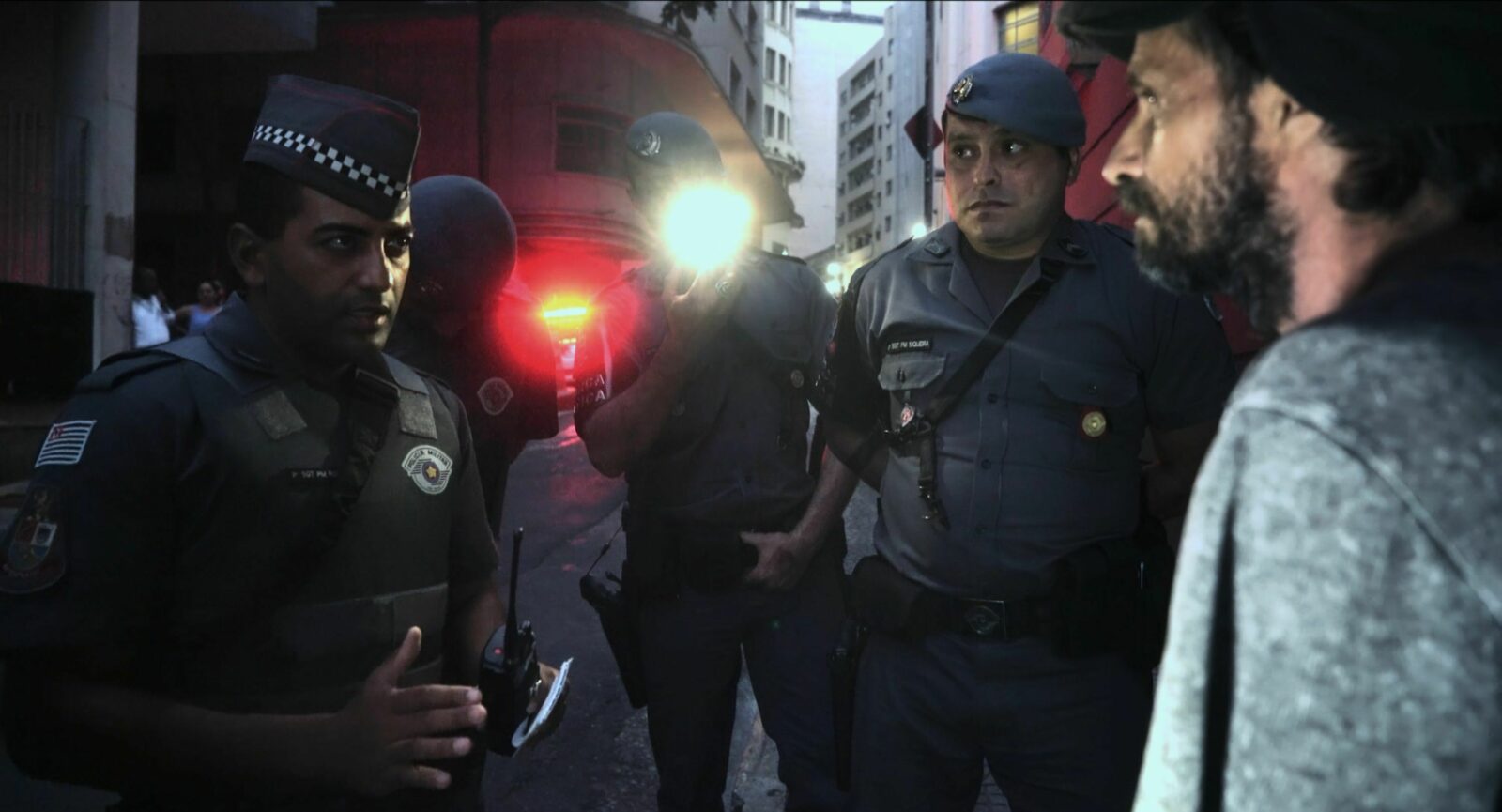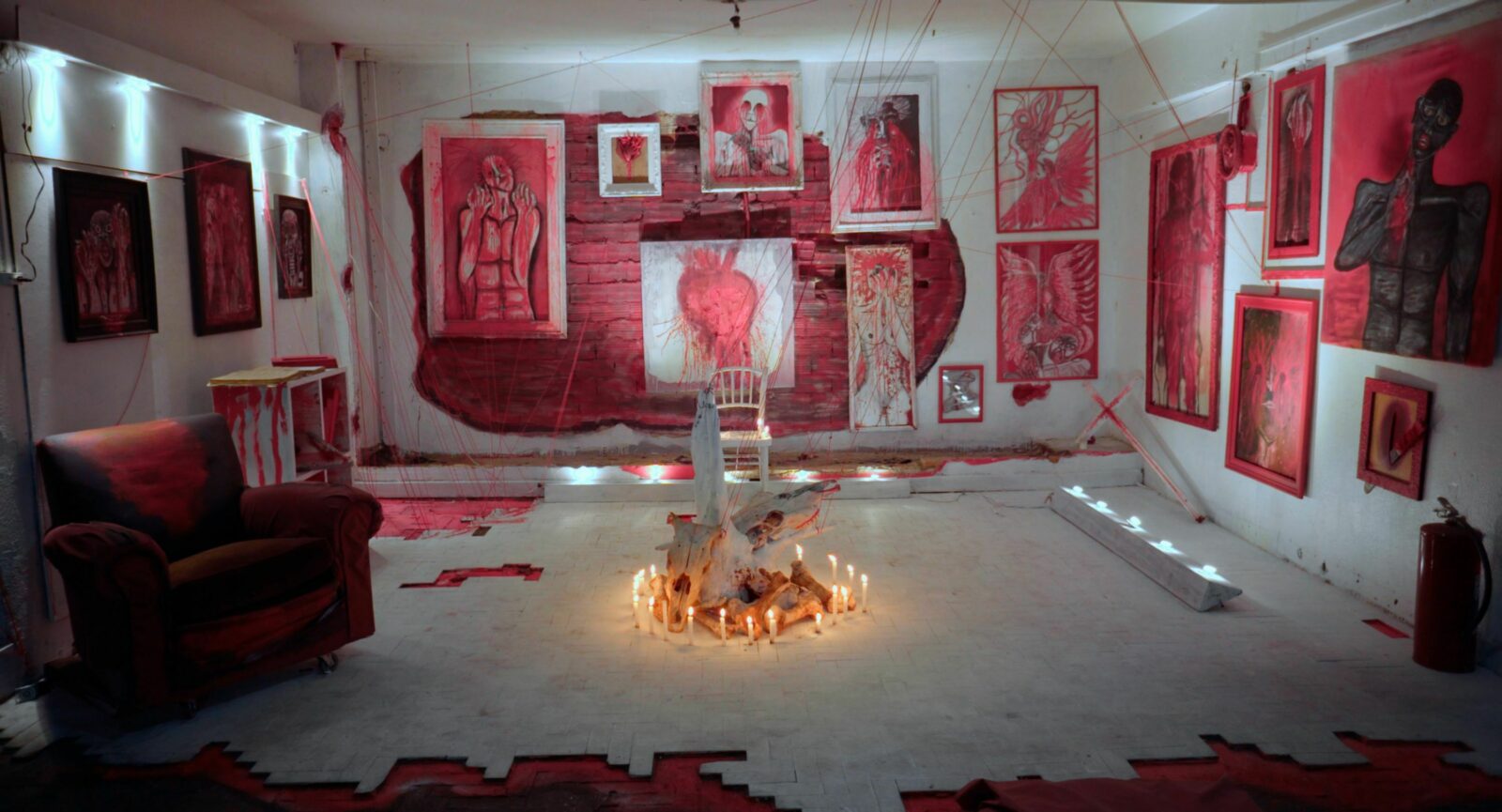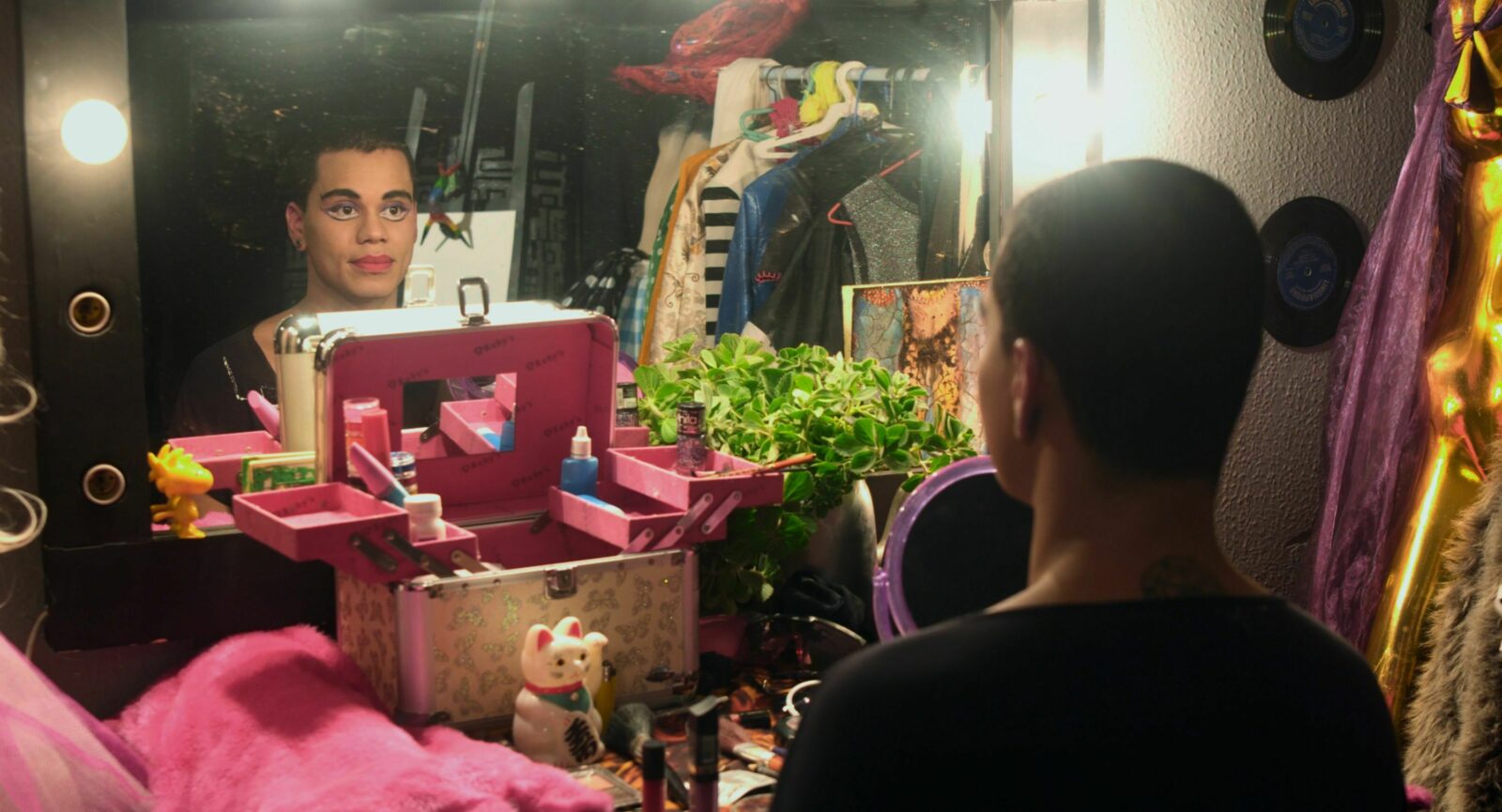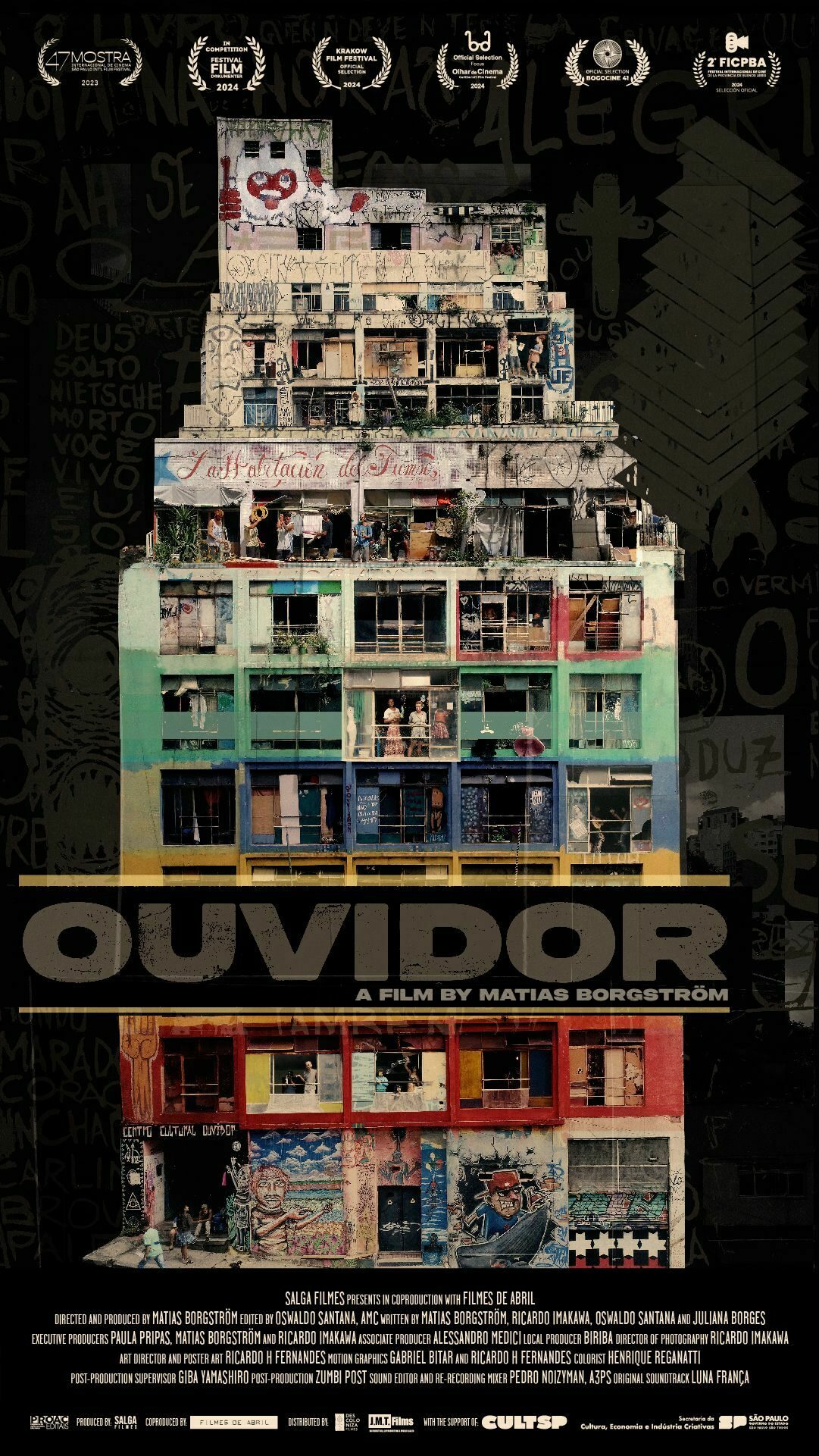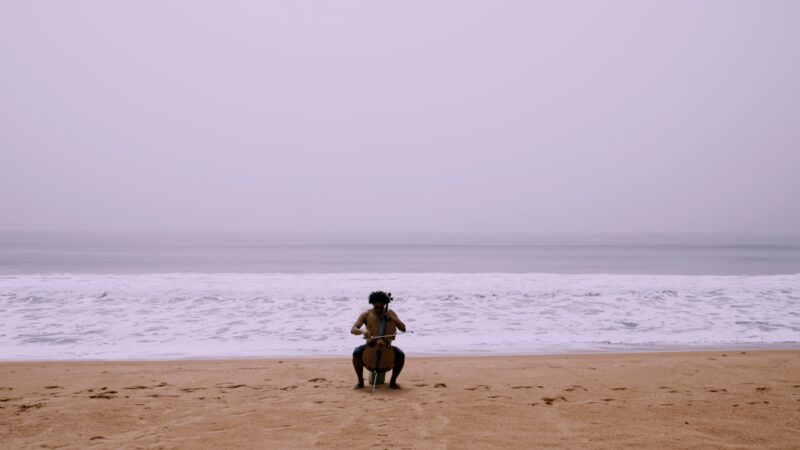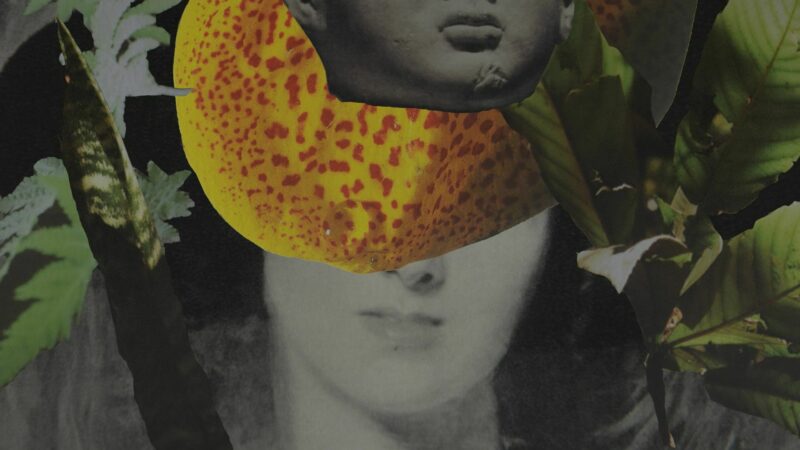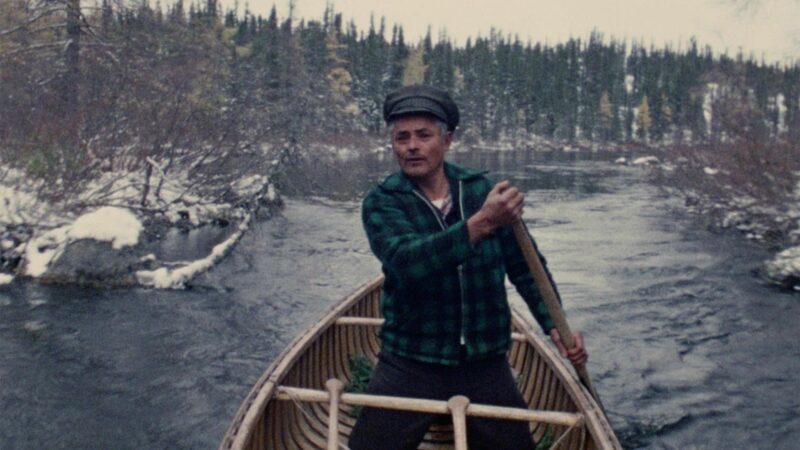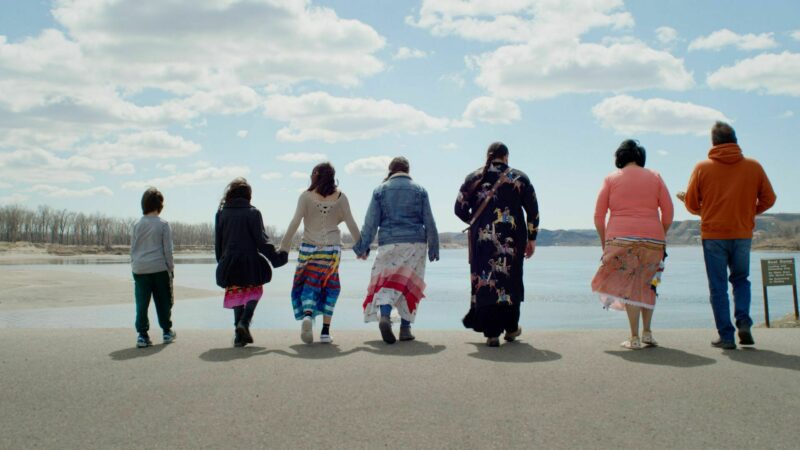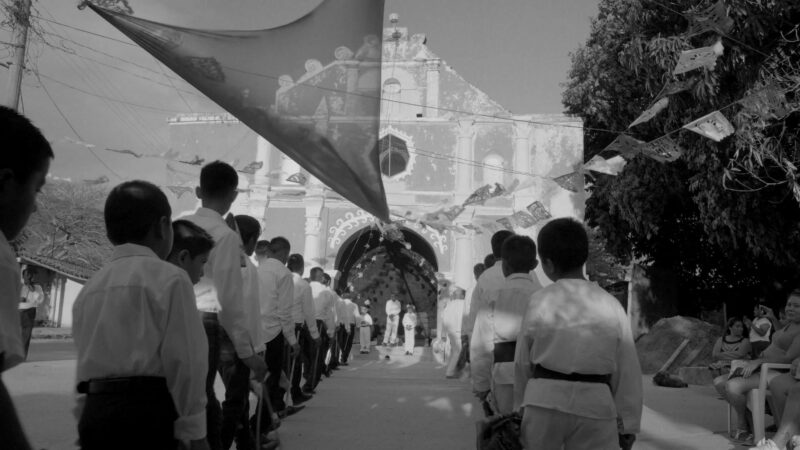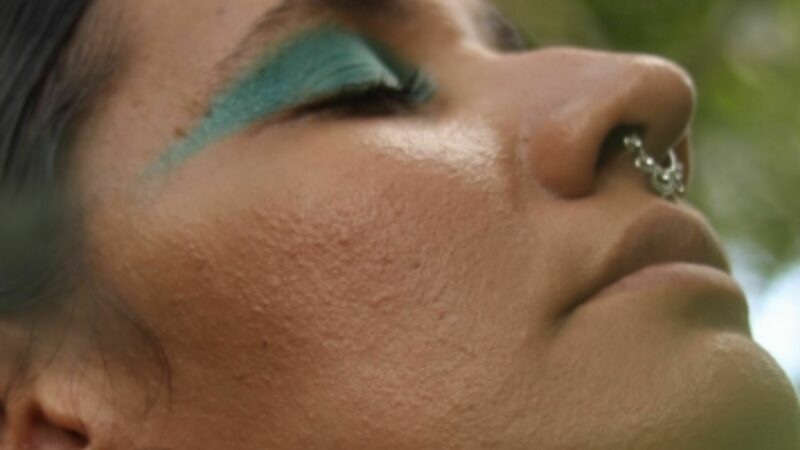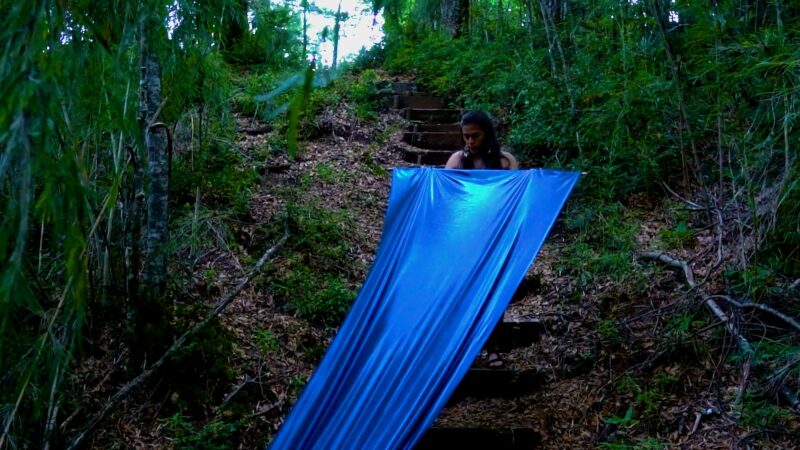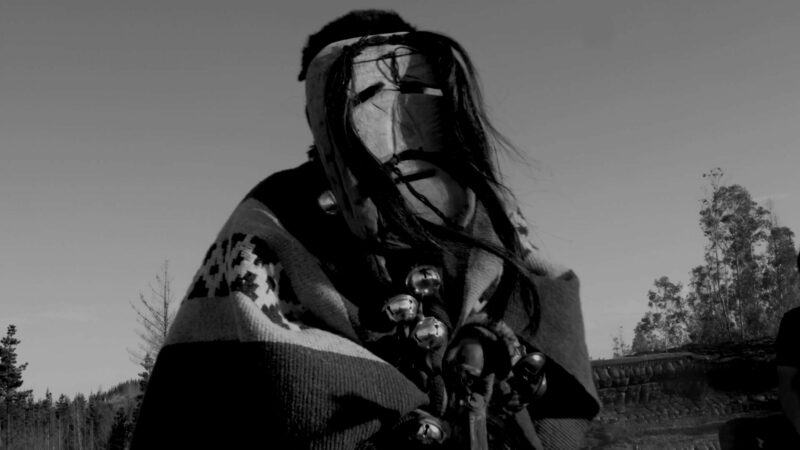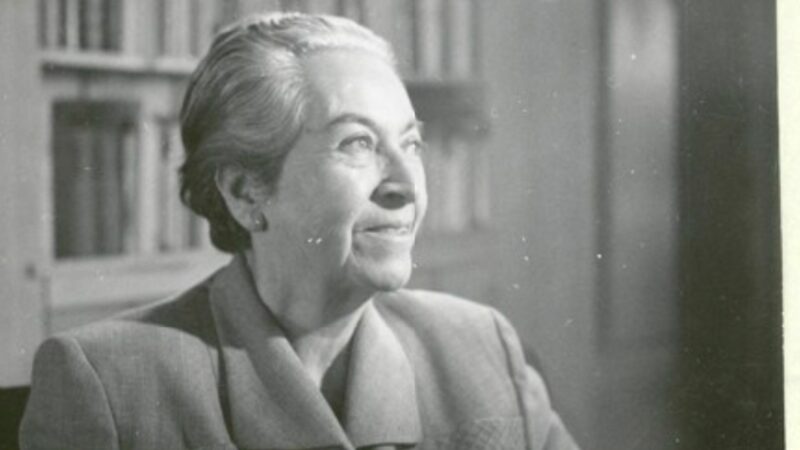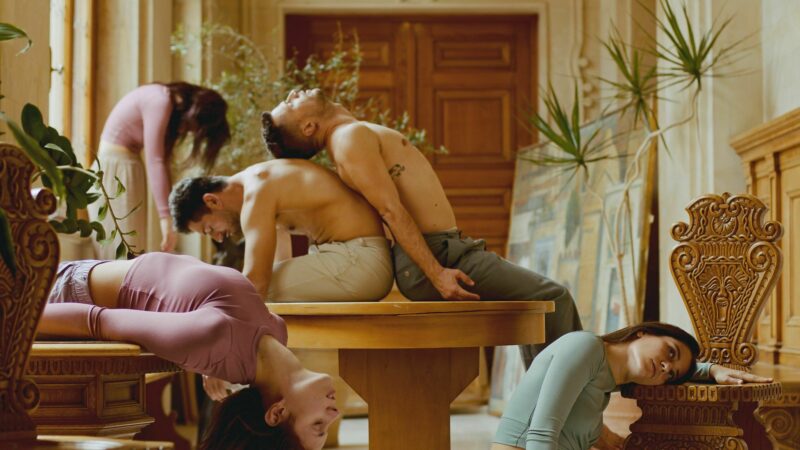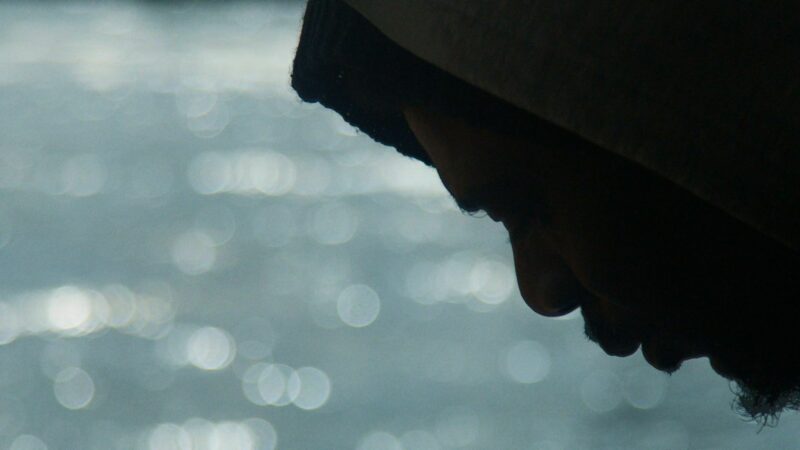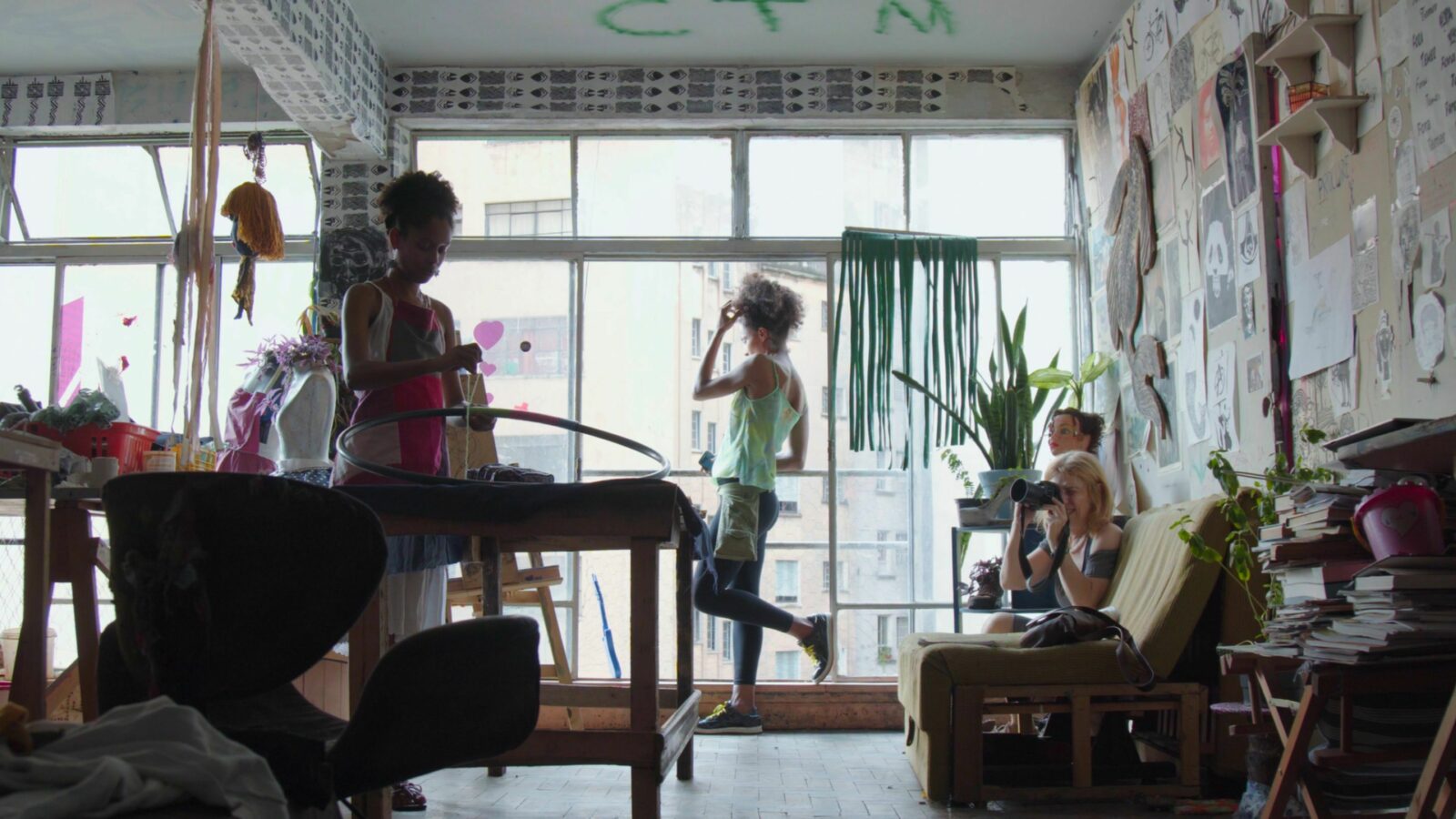
 Trailer
Trailer
Available online from March 21-30, 2025 on ARTS.FILM
In a São Paulo shaped by decades of government neglect, 120 artists from various countries transform a 13-story abandoned building into “Ouvidor,” the largest artistic squat in Latin America. This space becomes the setting for a collective struggle that blends creativity, resistance, and internal tensions within the group. Confronted with eviction threats, the residents must overcome their differences and organize a bold “biennale,” a large-scale artistic event. Through this project, the film celebrates the power of art as a tool for activism and unity, while shedding light on the challenges faced by a collective seeking recognition and freedom.
Showcased at prestigious international festivals, Ouvidor received awards for its sound design at the FICPBA Festival in Argentina (2024) and was acclaimed for its subversive vision at the São Paulo International Film Festival and the Krakow Film Festival.
Director’s statement:
In 2017, I organized an artistic installation at Ouvidor. Intrigued by this self-managed artistic community, when they invited me to document their Art Biennial, I was compelled to embark on creating this documentary. As a documentary director, I’m interested in projects that document cultural movements that are empowered by a sense of collectivity and diversity. In the case of Ouvidor, it became clear the opportunity and responsibility I wanted to assume in order to try to tell their story and transmit their underrepresented voice. Our approach evolved gradually, respecting the residents’ spaces and rhythms. Over a 12-month production period, our small crew spent 55 immersive days capturing the daily life in Ouvidor squat.
Through the production of music videos and content for their events, we not only supported the community but also cultivated an environment of collaboration and participation. Throughout the whole production process, we actively collaborated with Ricardo Cavalcante, a respected Ouvidor resident who assumed the role of our local producer. His invaluable insights, along with feedback on the film’s cuts, deepened our understanding of the community’s dynamics and respect for the residents’ need for privacy on specific matters. The engagement of housing movement leaders and human rights advocates ensured that our documentary resonated with significant societal causes. As the director, I embraced the role of a story “listener” (“ouvidor” in Portuguese), creating an environment where residents could share their profound narratives. This approach reinforced the documentary’s distinct perspective and community access, as residents felt at ease being documented by external individuals. A significant layer of the documentary delves into the ongoing discourse surrounding the commercialization of artistic production.
While some residents advocate for external support and recognition, others express concerns about the potential “elitization” of their creative expressions. This intricate conflict encompasses communal decisions that transcend simple resolution. Furthermore, a core thematic focus explores societal polarization tendencies, underscoring the necessity of effective communication and coexistence amidst divergent perspectives. Ouvidor emerged as a central character, representing an array of viewpoints that propelled the narrative forward.
The convergence of marginalized groups – including suburban people, LGBTQIA+ individuals, single mothers, immigrants, Black communities, and other minorities – underscored a shared cause deeply rooted in historical struggles and contemporary socioeconomic challenges. Rather than mainly highlighting social issues in their daily lives, we emphasize their resilience, determination, and capacity to learn from their experiences, whether they lead to success or setbacks. My intention is for the audience not only to become acquainted with Ouvidor’s microcosm but also to experience its vibrancy firsthand, igniting a similar passion within them.
- Matias Borgström
In the presence of director Matias Borgström on March 22nd in Montreal.
Showcased at prestigious international festivals, Ouvidor received awards for its sound design at the FICPBA Festival in Argentina (2024) and was acclaimed for its subversive vision at the São Paulo International Film Festival and the Krakow Film Festival.
Director’s statement:
In 2017, I organized an artistic installation at Ouvidor. Intrigued by this self-managed artistic community, when they invited me to document their Art Biennial, I was compelled to embark on creating this documentary. As a documentary director, I’m interested in projects that document cultural movements that are empowered by a sense of collectivity and diversity. In the case of Ouvidor, it became clear the opportunity and responsibility I wanted to assume in order to try to tell their story and transmit their underrepresented voice. Our approach evolved gradually, respecting the residents’ spaces and rhythms. Over a 12-month production period, our small crew spent 55 immersive days capturing the daily life in Ouvidor squat.
Through the production of music videos and content for their events, we not only supported the community but also cultivated an environment of collaboration and participation. Throughout the whole production process, we actively collaborated with Ricardo Cavalcante, a respected Ouvidor resident who assumed the role of our local producer. His invaluable insights, along with feedback on the film’s cuts, deepened our understanding of the community’s dynamics and respect for the residents’ need for privacy on specific matters. The engagement of housing movement leaders and human rights advocates ensured that our documentary resonated with significant societal causes. As the director, I embraced the role of a story “listener” (“ouvidor” in Portuguese), creating an environment where residents could share their profound narratives. This approach reinforced the documentary’s distinct perspective and community access, as residents felt at ease being documented by external individuals. A significant layer of the documentary delves into the ongoing discourse surrounding the commercialization of artistic production.
While some residents advocate for external support and recognition, others express concerns about the potential “elitization” of their creative expressions. This intricate conflict encompasses communal decisions that transcend simple resolution. Furthermore, a core thematic focus explores societal polarization tendencies, underscoring the necessity of effective communication and coexistence amidst divergent perspectives. Ouvidor emerged as a central character, representing an array of viewpoints that propelled the narrative forward.
The convergence of marginalized groups – including suburban people, LGBTQIA+ individuals, single mothers, immigrants, Black communities, and other minorities – underscored a shared cause deeply rooted in historical struggles and contemporary socioeconomic challenges. Rather than mainly highlighting social issues in their daily lives, we emphasize their resilience, determination, and capacity to learn from their experiences, whether they lead to success or setbacks. My intention is for the audience not only to become acquainted with Ouvidor’s microcosm but also to experience its vibrancy firsthand, igniting a similar passion within them.
- Matias Borgström
In the presence of director Matias Borgström on March 22nd in Montreal.
Overview of some festivals:
Krakow Film Festival, Poland (2024)
Curitiba International Film Festival, Brazil (2024)
NeMaf — Seoul International Alternative Film Festival, South Korea (2024)
Festival de Cine de Bogotá, Colombia (2024)
Mostra Internacional de Cinema de São Paulo, Brazil (2023)
Krakow Film Festival, Poland (2024)
Curitiba International Film Festival, Brazil (2024)
NeMaf — Seoul International Alternative Film Festival, South Korea (2024)
Festival de Cine de Bogotá, Colombia (2024)
Mostra Internacional de Cinema de São Paulo, Brazil (2023)
| Director | Matias Borgström |
| Script | Juliana Borges, Matias Borgström, Ricardo Imakawa, Oswaldo Santana |
| Director of Photography | Ricardo Imakawa |
| Editing | Oswaldo Santana |
| Sound | Pedro Noizyman, A3pS |
| Music | Luna França |
| Animation | Gabriel Bitar |
Present in these collections
Session


Production
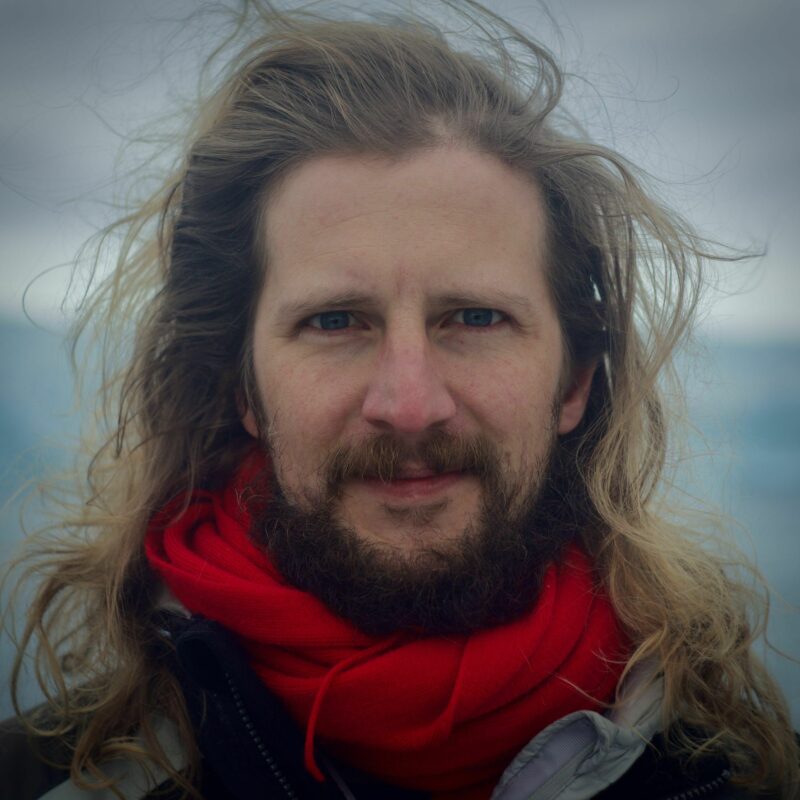
Matias Borgström
Born in Buenos Aires, Matias Borgström has been a documentary filmmaker for over a decade. He co-founded Salga Filmes, a production company focused on auteur and independent documentaries. He is also a founding member and programmer of Citronela Doc, a festival that annually showcases award-winning and contemporary documentaries on Ilhabela Island, Brazil. “Ouvidor” is Matias’ feature debut as both director and producer. He is currently completing the documentary “Przirembel” and filming his third feature film.
Biographical notes provided by the film production team
Biographical notes provided by the film production team
Selected films:
Buitres (2023)
Jardim (2021)
Quarto (2020)
Congueiros (2019)
Vinte anos de Dança (2018)
Buitres (2023)
Jardim (2021)
Quarto (2020)
Congueiros (2019)
Vinte anos de Dança (2018)
In the same session


You would like





